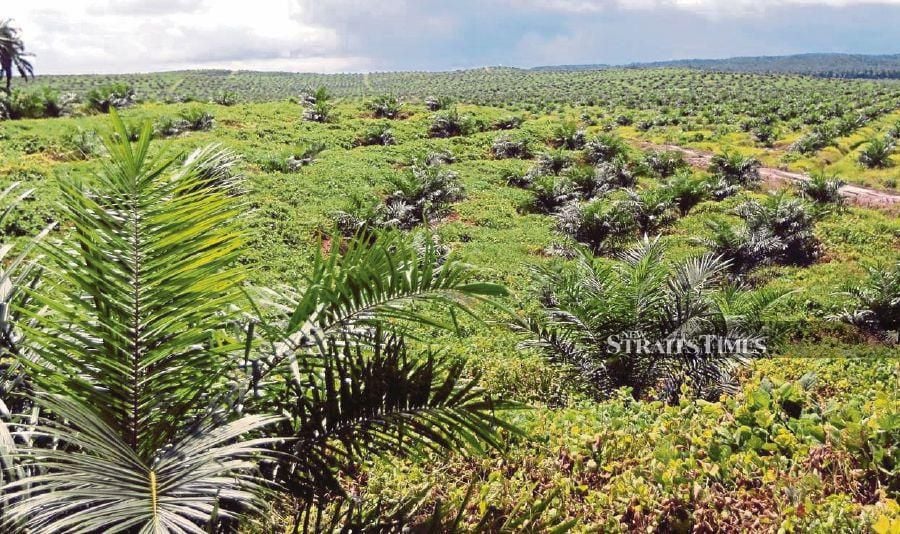- Get link
- X
- Other Apps

KOTA KINABALU: WWF-Malaysia is urging plantation owners, especially those whose lands are located adjacent to forests, to set aside part of their land as wildlife corridors.
Its conservation director Dr Henry Chan said the corridor could serve to connect forest patches and improve the habitat for plants and animals.
He said with most of the forest landscape in Sabah fragmented into pockets and the planting of oil palm adjacent to forests, such crops had become an attractive food option and an easy target for elephants as the favoured young palm shoots would supplement their diet considerably.
"Our only lasting solution to the situation is the need for tolerance - we need to share our space with our fellow Sabahan, the Bornean elephants.
"To put it plainly, we have to accept that Bornean elephants will continue to travel through plantations," he said in a statement.
Chan said the solution of sparing part of plantation land was not new as it has been tried and tested in Sabah with great success.
Since 2012, Tawau-based plantation Sabah Softwoods Berhad (SSB) had established more than 1,067-hectares of wildlife corridor to facilitate elephant movement throughout the landscape and realigning electric fences around vulnerable young palm trees and community settlements to keep such areas safe.
Between 2004 and 2011, SSB faced crop damage amounting to a total RM3.5 million or averaging half a million ringgit annually. Since it adopted elephant conservation efforts in 2012, the damage dropped substantially to RM5,000 in 2018.
Chan said that in 2014, WWF-Malaysia started collaring elephants in the plantation and has since had a better understanding of the movement patterns of five elephants.
"This crucial data is used to guide land use plans, and the placement of electric-fences as well as to assist the company to plan their operations around elephant movements for safety measures.
"The encouraging results seen at SSB has allowed for the expansion of the land-use planning approach to neighbouring plantation companies in the Kalabakan landscape in Tawau," he said.
In 2016, a human-elephant conflict working group was also set up to ensure that joint mitigation measures could be developed and implemented for the whole landscape.
At present, there are less than 2,000 Bornean elephants left in Sabah.
- Get link
- X
- Other Apps
Comments
Post a Comment